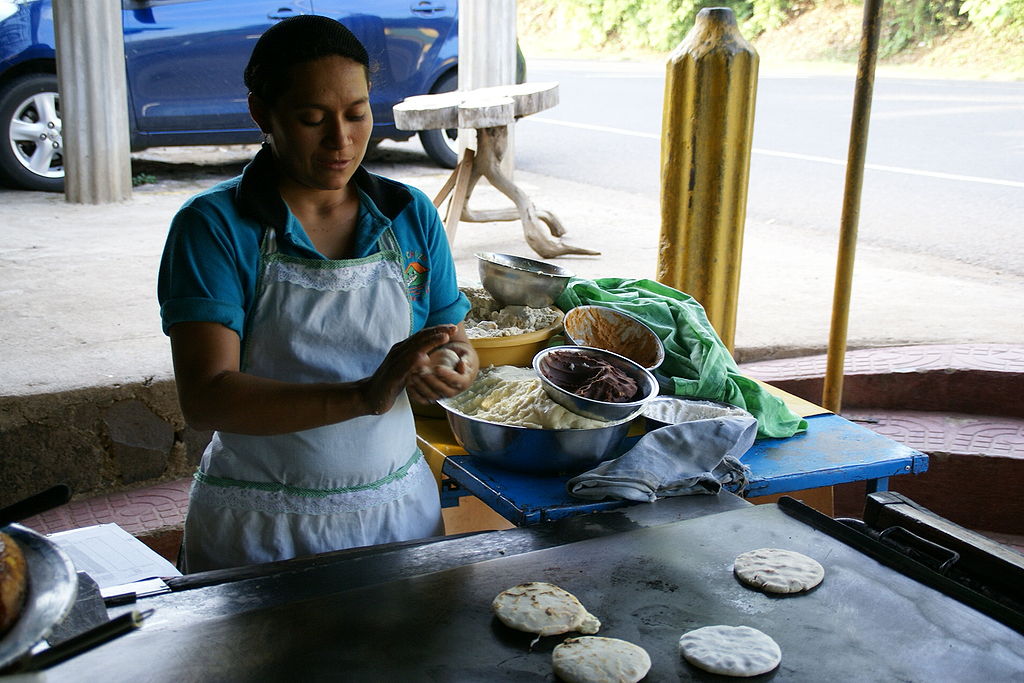Fighting Hunger in El Salvador

El Salvador, home to more than 6.3 million people, is a middle-income country located in Central America. Despite having made substantial progress in reducing poverty and food insecurity over the past decade, hunger remains an issue for many Salvadorans today. Fortunately, several organizations, including the World Food Programme (WFP) and Feed the Children, are stepping in to fight hunger in El Salvador.
Poverty, Hunger and Agriculture
Poverty in El Salvador has decreased significantly in recent years, dropping from 40.4% in 2016 to 27.5% in 2022. However, this rate remains higher than the Latin America and Caribbean (LAC) average of 24.1%. According to the World Bank, 1.8 million Salvadorans are currently living in poverty and 2.5 million are at high risk of becoming multidimensionally poor.
As such, food security has remained a prevalent issue in El Salvador. Approximately 15.8% of the population was reported to have experienced severe food insecurity between 2021 and 2023. Although this rate is notably lower than it has been for prior years, nearly one million Salvadorans still grapple with acute food insecurity today.
Climate-related vulnerabilities such as deforestation, soil erosion and water pollution are largely responsible for disruptions to the Salvadoran food supply. Increasing temperatures have reduced agricultural production across the country, especially for staple crops and exports. By 2070, maize production is projected to decline by 10%. Climate trends are also likely to increase crop pests and diseases that contribute to post-harvest loss, such as coffee leaf rust, potato psyllid and fall army worm.
Limited progress has been made thus far to combat both poverty and food insecurity. Today, an estimated 2.1% of children under 5 years of age show signs of stunting while 32.1% of adult women and 21.7% of adult men are obese. No progress has been made towards reducing anemia among women of reproductive age, with 10.6% of women currently affected.
The World Food Programme (WFP)
The World Food Programme currently operates several initiatives to eliminate challenges to hunger and build long-term food security in El Salvador. In 2023, the WFP provided 420,000 children in over 5,000 schools with Biofortik, a drink produced with corn and sorghum. By relying on domestic products, Biofortik has been able to support local markets and agricultural production. Similarly, in 2024, the WFP launched a joint project with the Ministry of Education, Science and Technology to supply schools with temporary, solar-powered kitchens called Kitchen-in-a-Box (KIAB). As the majority of schools in the country do not have the infrastructure to safely prepare and store school meals, KIABs have granted schoolchildren the means to safely consume daily school meals and snacks.
Additionally, the WFP has helped farmers in the El Melonal community diversify their yields by teaching them how to grow drought-resistant crops such as sorghum. With more options to sell, farmers are able to earn more income while supplying their communities with affordable produce, working towards a climate-resilient future.
Feed the Children
Since 1987, Feed the Children has had a significant impact on hunger in El Salvador. One of their key programs for adults includes training household leaders in building tilapia farms to help their families become self-sustaining. By providing necessary materials such as nets and concrete, Feed the Children ensures that program participants are supported through the entire lifecycle. Another initiative focuses on empowering children by providing essential resources to help them succeed in school. This includes offering healthy meals, educational supplies and backpacks, ensuring that every child has the tools they need to thrive academically. By creating safe classroom environments, Feed the Children hopes to improve school enrollment and literacy rates throughout the country.
Moving Forward
Despite reported improvement throughout the years, poverty and hunger remain persistent challenges for El Salvador. Climate-related change is one of the leading causes of food insecurity in the country. Moving forward, it is essential that organizations such as the WFP and Feed the Children continue to provide resources and funding towards combating hunger in El Salvador. With their continued support, there may be hope for long-term or permanent progress.
– Amanda Cruz, Moon Jung Kim
Photo: Wikimedia Commons
Updated: October 7, 2024
